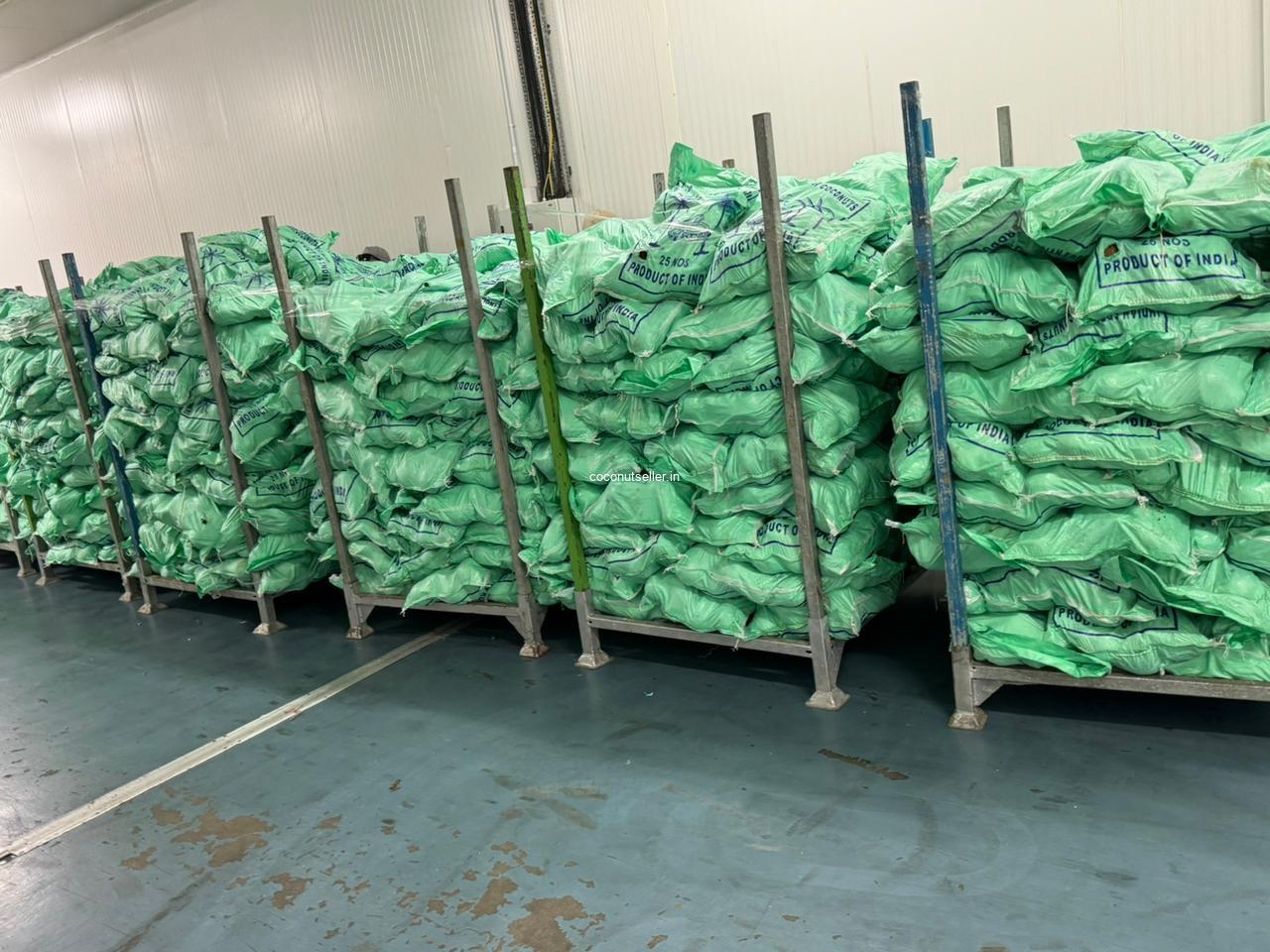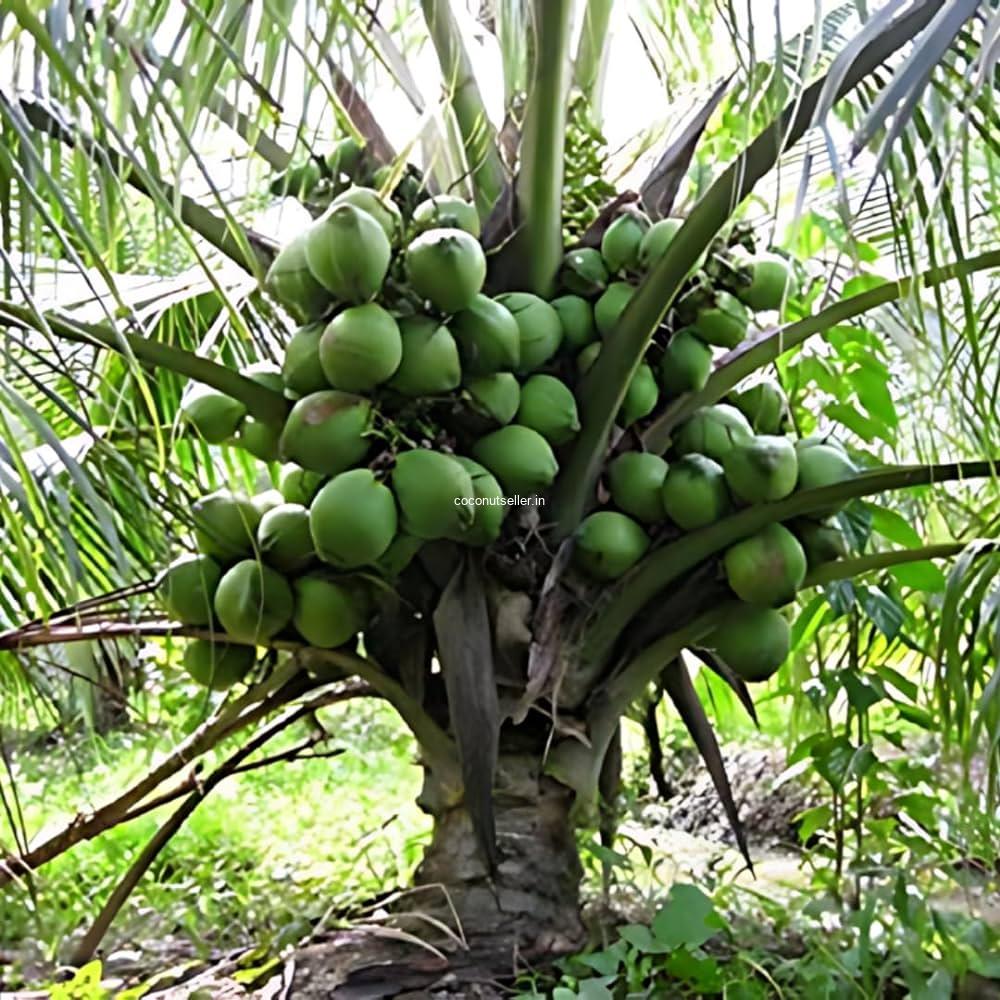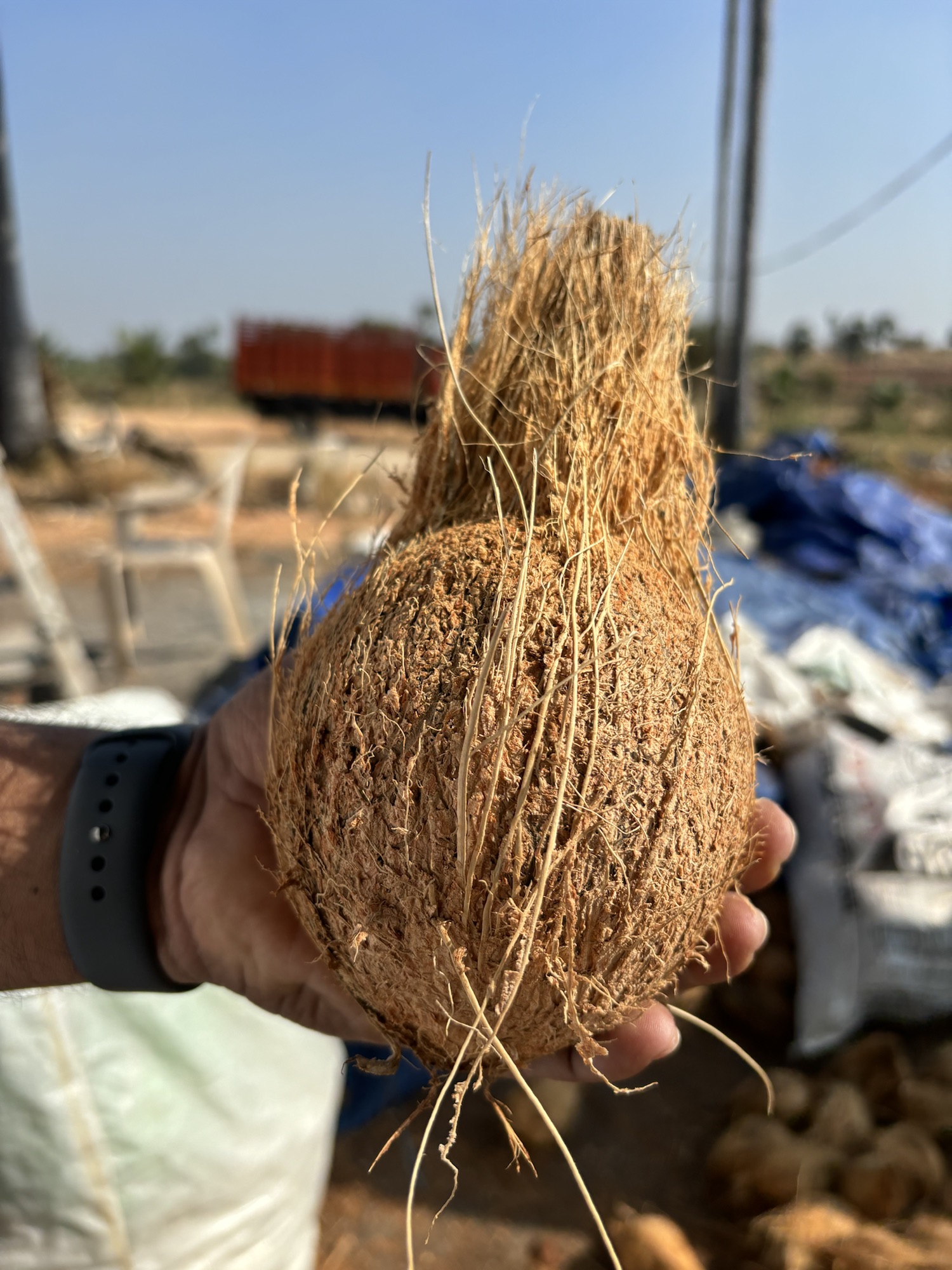
Jebel Ali Port in Dubai is one of the largest and most advanced ports in the Middle East. Importing fresh coconuts into Jebel Ali Port involves several steps and considerations:
Import Procedure:
- Documentation: Ensure all necessary documents are prepared, including the commercial invoice, packing list, bill of lading, and certificate of origin. The documentation must comply with UAE regulations.
- Import License: The importer must have a valid import license issued by the UAE Ministry of Economy.
- Health and Safety Standards: Fresh coconuts must meet the health and safety standards set by the UAE, which might involve phytosanitary certificates and inspection for pests and diseases.
- Customs Declaration: Submit a customs declaration to Dubai Customs, including details of the shipment and its value. This can often be done online through the Dubai Trade portal.
- Inspection and Clearance: Once the shipment arrives, it will be inspected by Dubai Customs. If it passes the inspection, customs duties and any other applicable fees must be paid.
- Release and Transportation: After clearance, the shipment can be released and transported to its final destination within the UAE.
Key Points:
- Regulations: Stay updated on UAE regulations regarding the import of agricultural products.
- Tariffs and Fees: Be aware of the tariffs and fees applicable to coconut imports.
- Logistics: Plan the logistics for handling and transporting fresh coconuts to ensure they remain in good condition.
Contact Points:
- Dubai Customs: For specific queries related to customs procedures.
- Dubai Trade Portal: For online customs declarations and tracking.
- Ministry of Climate Change and Environment: For regulations on agricultural imports.
For detailed and updated information, you might want to consult with a local customs broker or the relevant authorities directly.
More detail please whats app : +91 8848406140










